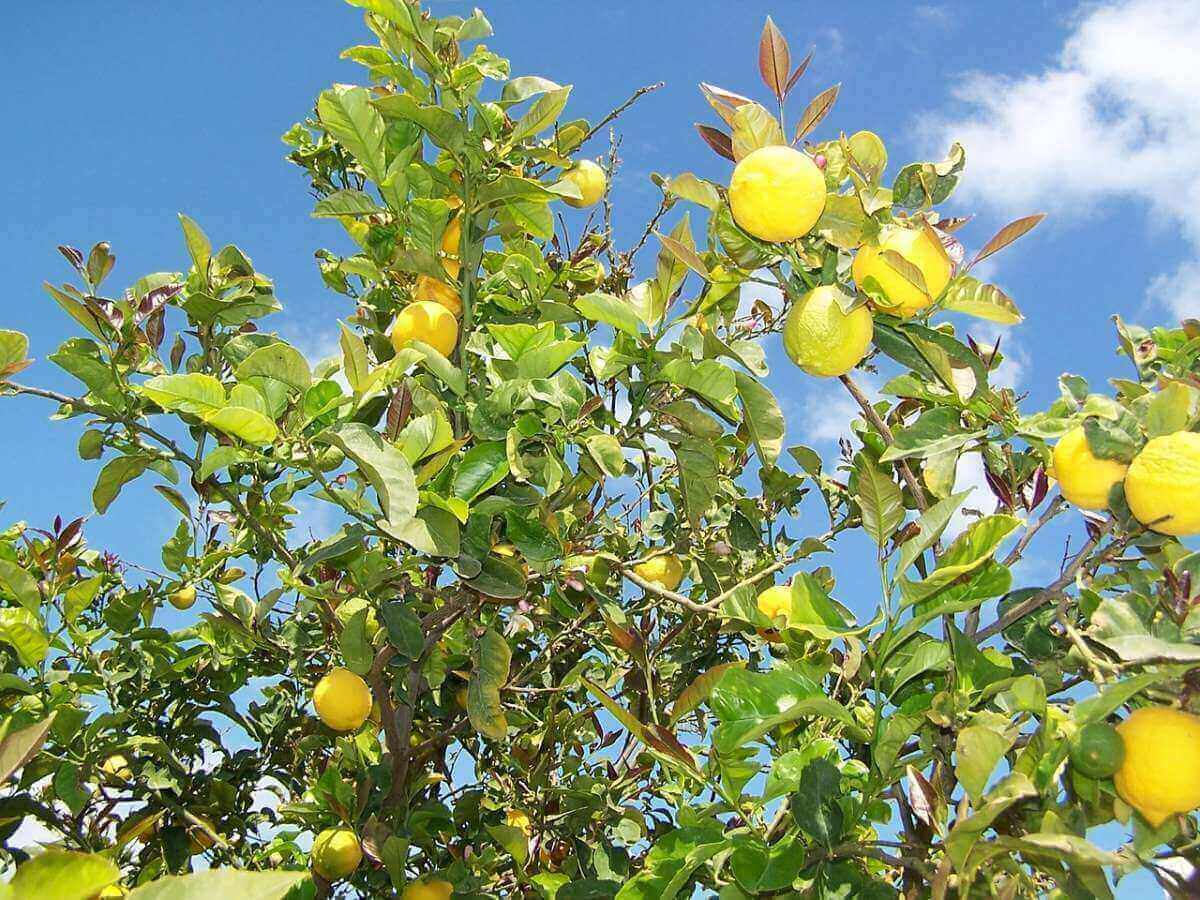April is the time to get routine watering started – and the Denver tree services can offer the best advice for when to water and get a good spring start on your landscaping.
Another important area to focus is on fruit trees and fire blight. Ornamental trees are awfully pretty when they bloom, but the fruit they yield isn’t fit to eat. Property owners who have buckthorn, mulberry, persimmon, and female gingko know that this unwanted fruit is unsightly, smelly, and messy. For those who own fruit trees for their sweet harvest, fire blight features in their nightmares. Regardless of whether your fruit-bearing tree is there for looks or for production, Denver tree experts recommend prevention over correction.
Fruit reduction treatment
Tree service companies offer fruit reduction sprays to reduce or eliminate undesirable fruit development, particularly useful in trees valued more for their ornamental properties than for food production. Hormone sprays are used on fruit trees to minimize fruit production. Be aware that some chemicals may not be legal for household use and others may be prohibited entirely. A single application may be insufficient and require a second treatment.
The wise homeowner considers the following variables before spraying:
- How much fruit the plant yields. If the tree tends to produce only a little fruit, hand removal might be the best option to eliminate unwanted fruit.
- How valuable the plant is. If the time, effort, and expense of maintaining the plant outweighs its value to the property owner, then consider removing it and, perhaps, replacing it with a lower maintenance tree or shrub.
- When the treatment is applied. The window of opportunity for foliar sprays can be narrow. American Arbor Care recommends application of fruit prevention sprays when the trees are 85 to 100 percent in bloom, but before the fruit sets. The Morton Arboretum suggests timing daytime application when temperatures are consistently between 65 and 95 degrees Fahrenheit.
Fire blight treatment
Cornell University stated that fire blight “is one of the most destructive diseases of apple and pear trees” and is prevalent during cool, wet springs. Whether your orchard has one tree or a thousand, here’s what to look for to determine if your fruit trees have been infected:
Shortly after blooming, blossoms appear water-soaked and gray-green, then quickly turn brown or black.
- After the petals fall, leaves and stems on young shoot tips turn brown or black and curl “like a shepherd’s crook or candy cane.”
- The diseased shoots seep “small droplets of sticky bacterial ooze” in warm and humid weather.
- “Dark sunken cankers” will form in older wood.
- Fruit will be undersized, darker than normal, and may be shriveled. It may also sport dark lesions and ooze more of that bacterial goo.
If left untreated, fire blight will not only ruin the harvest, but kill the entire tree. Plants other than apple and pear which are susceptible include quince, fire thorn, mountain ash, hawthorn, rose, and raspberry.
Controlling fire blight integrates practices that minimize the plant’s susceptibility, efforts reduce contagion, and applications that protect against infection. Horticultural experts recommend avoiding highly susceptible plant stock. In other words, choose hardier varieties. To reduce contagion, prune diseased branches and stems before the plant blooms, being careful to sterilize pruning shears after each cut. Destroy the pruned material; do not add the diseased branched the compost pile. Apply bactericide sprays when daytime temperatures reliably remain above 65 degrees Fahrenheit. Planet Natural also recommends early application of liquid copper at “silver tip and bud break” and repeating every three to five days as needed until the petals fall.
American Arbor Care offers comprehensive health management for trees and shrubs. Trust Denver’s tree pros to know what to do and when to keep your ornamental trees beautiful and your fruit trees productive. Call them at (303) 639-8584 to schedule a consultation.

